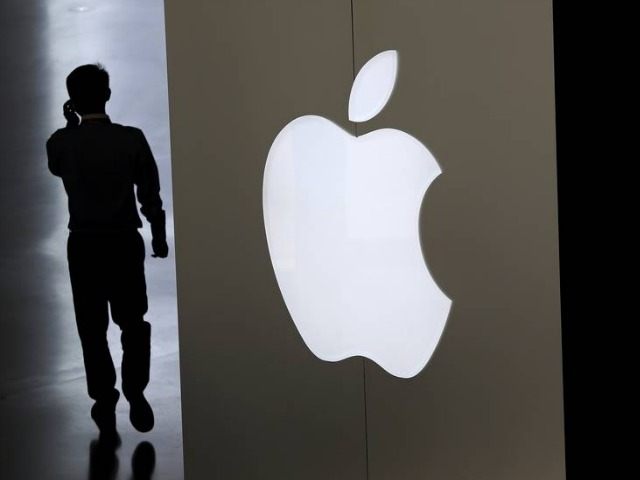Apple Inc. is about to suffer huge reputational risk, now that the FBI is taking its new capability to hack encrypted Apple products on the road to help other law enforcement agencies.
The FBI leaked to the Associated Press that it will assist unlocking an iPhone and an iPod in connection with alleged murders by two teenage boys in Arkansas who have both pleaded innocent. An attorney for one of the accused, Patrick Benca, has said that he and his client were “not concerned about anything on that phone.”
But prosecutors say that conversations recorded between the boys on an iPod will reveal that they planned the murders. The presiding judge quickly agreed to delay trial until June to accommodate the FBI’s hack.
The development comes after a lengthy legal battle with Apple in a California federal court, where the FBI had attempted to compel the company to write software to bypass factory-installed encryption on the iPhone of San Bernardino terrorist Syed Rizwan Farook.
Apple chose to play hardball against the FBI by taking the legal dispute with the FBI into the court of public opinion. The company’s CEO, Tim Cook, took the extraordinary step of publishing a letter on the Cupertino, California-based company website stating:
We have great respect for the professionals at the FBI, and we believe their intentions are good. Up to this point, we have done everything that is both within our power and within the law to help them. But now the U.S. government has asked us for something we simply do not have, and something we consider too dangerous to create. They have asked us to build a backdoor to the iPhone.
Breitbart News previously reported that the Apple PR campaign was wildly successful when surrogates from other tech companies hit the media to disparage the FBI, and filed “friend of the court” legal briefs in support of Apple’s position. Over a two-month period, public opinion turned from about 60 percent favoring the FBI’s demand that Apple build a backdoor into its iOS software, to 60 percent opposing such a demand.
But the U.S. Department of Justice on March 25 said it had been approached by an unidentified “third party” about a method to hack into the iPhone. Shortly thereafter, Justice filed a motion to drop the case to compel Apple to do their bidding, because the FBI “successfully accessed the data stored” on the iPhone 5C used by San Bernardino terrorist Syed Rizwan Farook.
Apple said in a statement that “we don’t know” the FBI’s technical solution, the third-party-vendor that developed it or “what it allegedly achieves.” But the company seemed to indicate it may try to use legal “discovery” in another court to out the FBI’s hack.
A White House cybersecurity guideline issued in 2010 says the National Security Council and top law enforcement groups should consider whether to inform a technology company how it hacked into a device so the company can prevent others from exploiting the same vulnerability.
Presumably, Apple’s goal in gaining knowledge of hack details would be to learn how to improve encryption to make law enforcement hacks of iPhones more difficult in the future.
But U.S. Senator Dianne Feinstein (D-CA), who had publically criticized Apple for refusing to help unlock the iPhone of the California terrorist, blasted Apple’s refusal to cooperate with law enforcement and said the FBI shouldn’t be compelled to tell Apple how it can now hacked iPhones.
Breitbart News on March 22 broke the technical strategy that, although iPhone has encryption for its passwords, the FBI knew or should have known they could disassemble Apple devices and then copy and reinstall iPhone’s “NAND” flash memory every 9 times the FBI uses a “brute force attack” to try to guess the right letter and number combination to open an encrypted iPhone.
Apple played won a temporary victory over the federal government. But the FBI “sharing” its iOS hack technology with other law enforcement agencies, which claim they have over 1,000 encrypted iPhones they want to access, means the soon widely proliferated hack technique will serve drastically to undermine the credibility of Apple’s encryption technology.

COMMENTS
Please let us know if you're having issues with commenting.